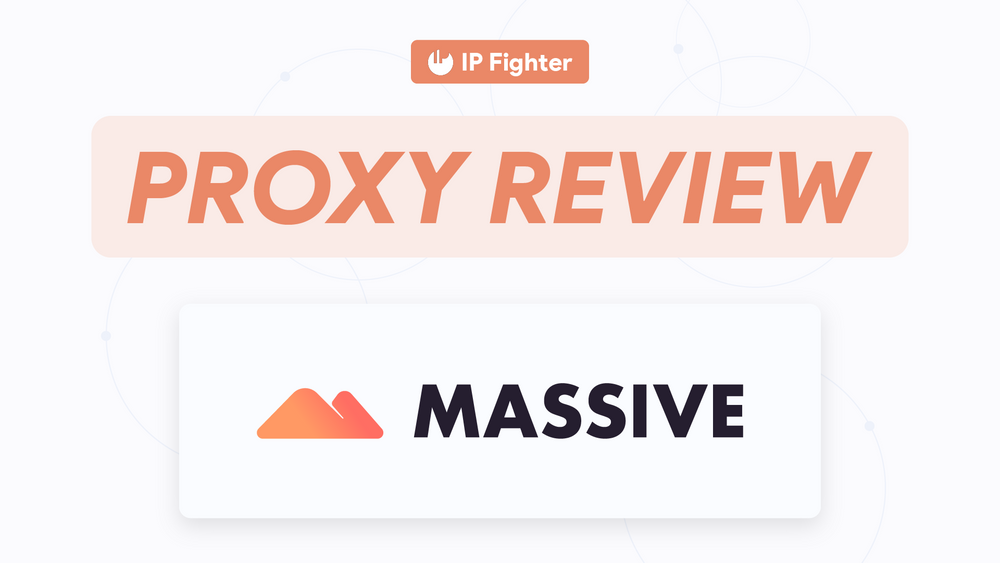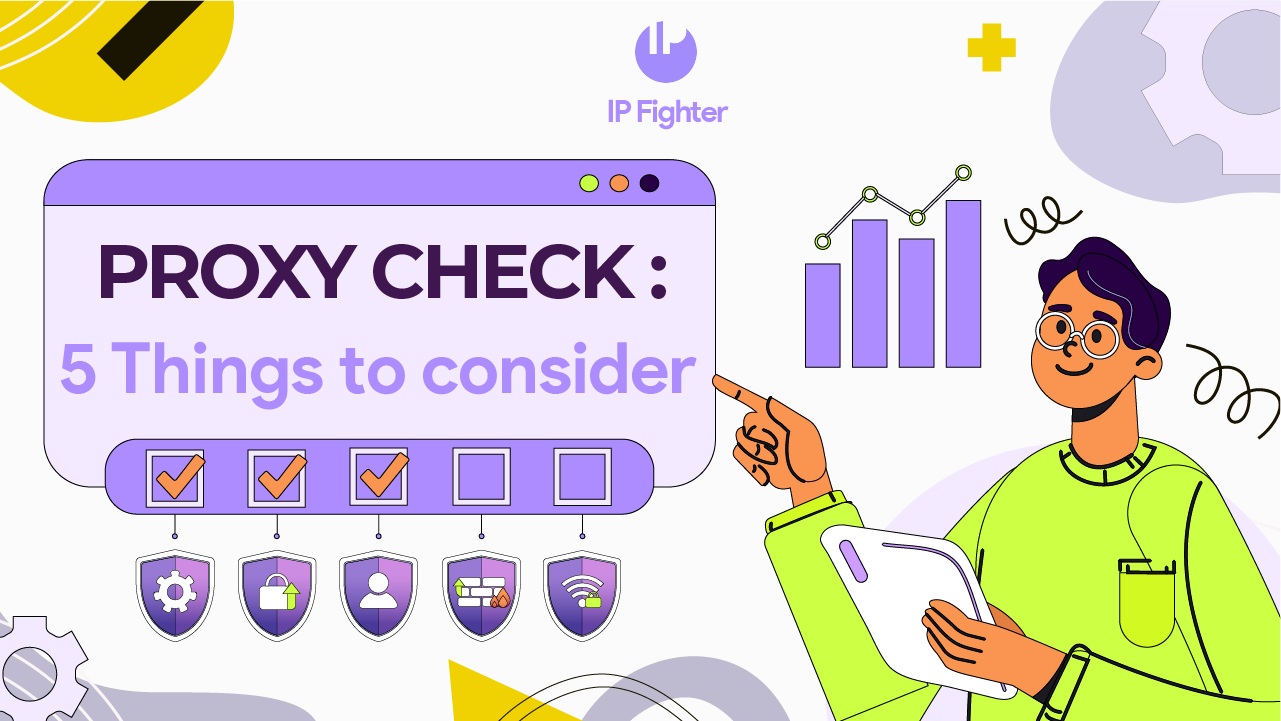Using proxies is a common practice for various online activities, but ensuring their quality is of utmost importance to avoid potential issues and ensure a seamless experience. In this article, we'll dive into the essential aspects of conducting a thorough proxy check to guarantee reliability and security.
|
1. Verify Geolocation information
|
One of the primary considerations when evaluating proxies is their geolocation. It's vital to ensure that the proxy's location aligns with your intended use. For instance, if you need a US proxy, it should not have an IP address from Vietnam. To verify geolocation information, you can use one in these two options:
-
Access IP-checking websites such as IPFighter, pixelscan, or browserleaks. These platforms provide information about the proxy's location and other related details.
-
Perform a Google search using any keyword, then scroll to the bottom of the page to see if the displayed location matches the purchased IP. Similarly, websites you visit might also display location information based on your IP.
|
2. Verify Timezone information
|
Another crucial factor is to check if the proxy's timezone aligns with your device's time. A mismatch in timezone can raise suspicion and potentially cause issues with your online activities. To verify timezone information, you can follow one of these two ways:
|
3. Check for blacklisting
|
Blacklisting is a significant concern when using proxies, as it can affect your access to various websites and services. Here are the steps to check if your IP is blacklisted:
-
Google blacklist: Perform a Google search to see if a captcha appears. If a captcha is triggered frequently, it may indicate that your proxy is blacklisted by Google.
-
Website blacklist: Try registering an account on various websites using the proxy. If the proxy is blacklisted, you won't be able to access the site, or you'll encounter continuous captchas. You might also face issues with account registration or experience limited account functionality.
|
4. Verify IP WHOIS Information
|
To ensure the authenticity of a proxy's location, you can use IP Address Whois lookup. This process allows you to view registration information associated with the proxy's IP address.
For example, if you purchased a US proxy, the registration information should align with a US location. If there's a mismatch, it's a red flag that might make websites suspend your account, so you should reconsider using that proxy.
|
5. Check for WebRTC/DNS Leaks
|
WebRTC and DNS leaks can lead to exposing your real IP address, defeating the purpose of using a proxy. To check for leaks, follow these steps:
-
Refer to our previous articles for detailed information on WebRTC leaks and DNS leaks.
-
Access IP-checking websites like IPFighter, whoer, browserleaks, or iphey to check for any leaks and ensure your proxy is secure.
|
By considering these five crucial factors when evaluating proxies, you can significantly enhance your online security and browsing experience. These are vital steps to ensure the proxies you use are reliable and secure. Taking the time to assess these factors will provide peace of mind and help you make the most of your proxy experience.
|
Why is a proxy check important?
A proxy check ensures that your proxies are reliable and secure, protecting you from potential threats such as getting suspended by websites.
What is blacklisting?
Blacklisting refers to proxies being blocked or restricted by certain websites or services, limiting their usability.
How can I test the speed and performance of a proxy?
To test the speed and performance of a proxy, you can use online tools like IPFighter, Pixelscan, browserleaks, Speedtest, etc or perform real-time activities like streaming videos or downloading files. A faster and more responsive proxy will provide a better user experience. You can also test ping directly on your computer, the lower the ping is, the faster the speed is.
Does proxy affect internet speed?
Yes, proxy can impact internet speed. The speed of your internet connection may be slightly reduced when using a proxy, as your traffic is rerouted through an additional server. However, high-quality proxies should have minimal impact on speed.
|
|


